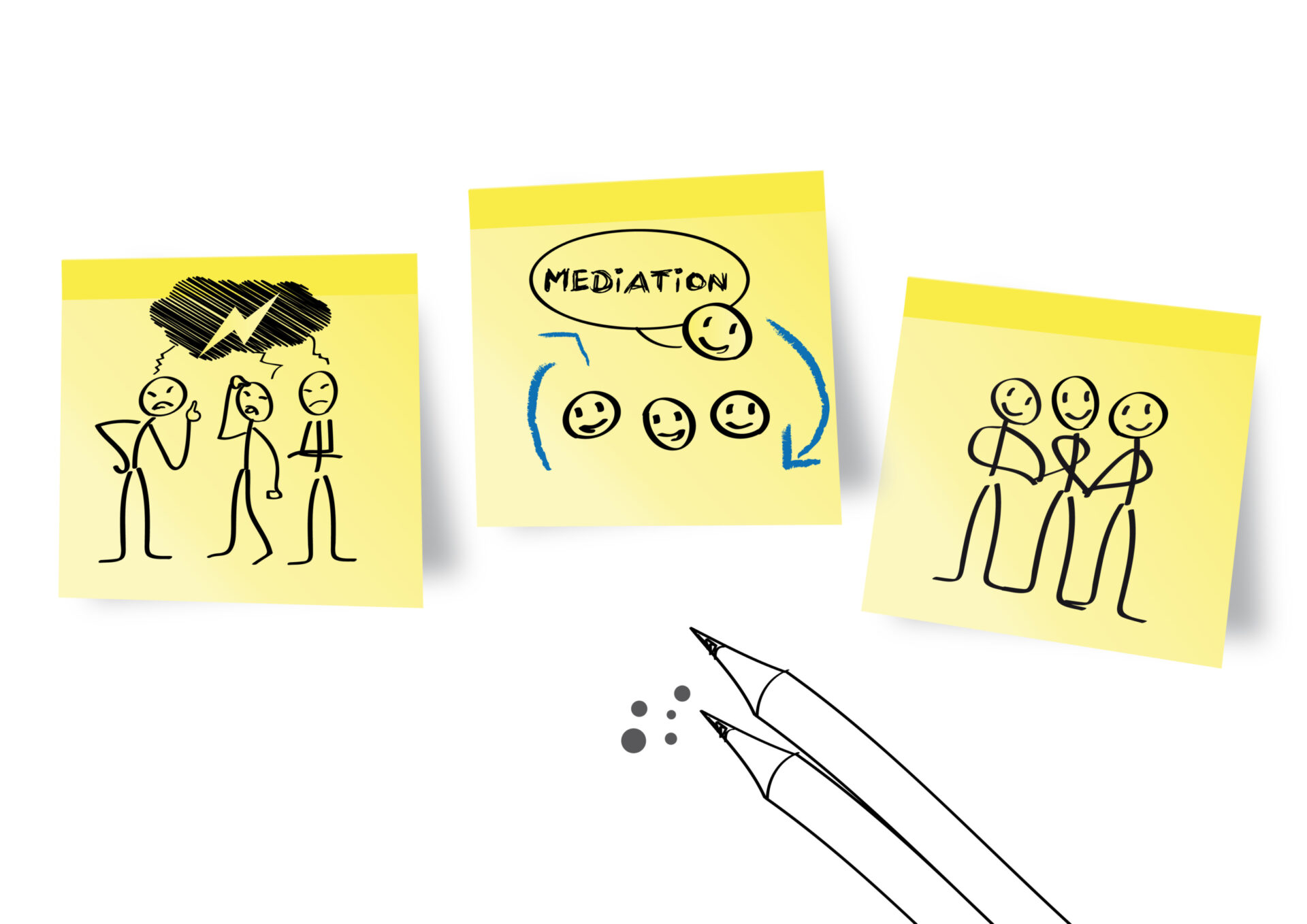Engaging in conversations with family and friends who have been influenced by media bubbles can be a daunting task. It requires a careful consideration of our own temperament and ability to sustain an argument without letting it consume us. Before diving into these discussions, it is essential to reflect on our personal attributes and how they may affect the outcome.
First and foremost, ask yourself if you are capable of sustaining an argument. Are you someone who possesses the patience and stoicism necessary to navigate these challenging conversations? Or do you tend to be sensitive, carrying the weight of these discussions with you for days or even months? Understanding your own disposition is crucial as it sets the foundation for how you approach these interactions.
If you are a person of strong conviction, who is outspoken and comfortable with confrontation, you may have an advantage. Your ability to remain unaffected by the opinions of others can give you the cool engine to establish your point. However, it is important to maintain your inner strength without resorting to rudeness or disrespect.
On the other hand, for those who are sensitive both internally and externally, easily disturbed by conflicting viewpoints, it is crucial to think twice before engaging in these conversations. Getting on board with a discussion can be akin to stepping onto a boat. Once in open sea, it becomes much harder to return. Therefore, individuals with tender sensibilities must carefully consider whether they are prepared for the emotional toll it may take.

While some individuals possess a blessed stoic composure, enduring the misconceptions and differing opinions of others until the very end, most of us are ordinary people with normal nerves that can be triggered by injustice. Recognizing our own limitations is not a sign of weakness, but rather an acknowledgment of our humanity. Simply knowing our own temperament will set a better choice for our deeds and desires. You can lead by example and let truth find its own way.
Being aware of our strengths and vulnerabilities allows us to approach these interactions with a sense of self-awareness and compassion. Remember, preserving relationships and fostering understanding should always be prioritized, regardless of our personal capacity to withstand heated arguments.
Now, let’s begin by understanding what a media bubble is.
Media bubbles refer to the phenomenon where individuals are exposed primarily to information that aligns with their existing beliefs and values. This creates an echo chamber that reinforces their opinions and limits exposure to different perspectives. Recognizing the signs of a media bubble in conversations with friends and family can help you understand the root of their negative beliefs. Also, scan your own opinions for such symptoms.
Approaching Conversations with Empathy:
Empathy is key when engaging in every discussions. Bullying and harassment don’t prove anything. It’s essential to listen actively and genuinely understand their perspective, even if you disagree. Validating their concerns without endorsing misinformation can create a foundation for productive conversations.
Promoting Open Dialogue:
Share reliable sources and credible information to help your loved ones separate fact from fiction. However, it’s important to present facts respectfully and constructively, avoiding a confrontational tone.
Creating a safe and non-judgmental space for open dialogue is vital for fostering understanding. Instead of attacking their beliefs, ask thought-provoking questions that encourage critical thinking. This approach helps your loved ones consider alternative perspectives and challenge their own biases.
Respecting Boundaries and Personal Limits:
Not every conversation will lead to an immediate change of heart. Recognize when to disengage from heated discussions and respect the personal boundaries of your loved ones. Prioritize your mental well-being and accept that altering someone’s views may take time.
Preserving Relationships:
Focus on shared values and common ground to maintain strong relationships despite differing opinions. Engaging in non-political activities can help strengthen your bond and remind you of the value you bring to each other’s lives. Celebrate the diversity of opinions without compromising respect and understanding.

Invite a neutral third party:
In certain cases, mediation may be required to facilitate productive conversations. If tensions escalate or discussions become unproductive, involving a neutral third party can help foster understanding and bridge the gap between differing viewpoints.
Talking with family and friends who have fallen into the trap of media bubbles can be challenging, but it’s not impossible to navigate these conversations successfully. By approaching discussions with empathy, fact-checking misinformation, promoting open dialogue, and respecting boundaries, you can increase the chances of preserving relationships while encouraging critical thinking. Remember, it’s the strength of our connections that can ultimately bridge divides and pave the way for mutual understanding in the era of media bubbles.
See you handling disputes with grace in Anketa!
illustrations from andrewgenn and trueffelpix
Read also

Polling serves as a catalyst for debates by posing questions that prompt all of us to reflect on our beliefs, preferences, and priorities. This often leads to spirited discussions with diverse viewpoints. But although it might sound as something we would rather avoid, it is imperative to leave echo chambers or we risk to trade awareness for biases.


